Julie, Charlie, and the Women of Color 'Friends' Failed
Showrunners cast very few non-white women. When they did, those characters existed only as villains and foils.
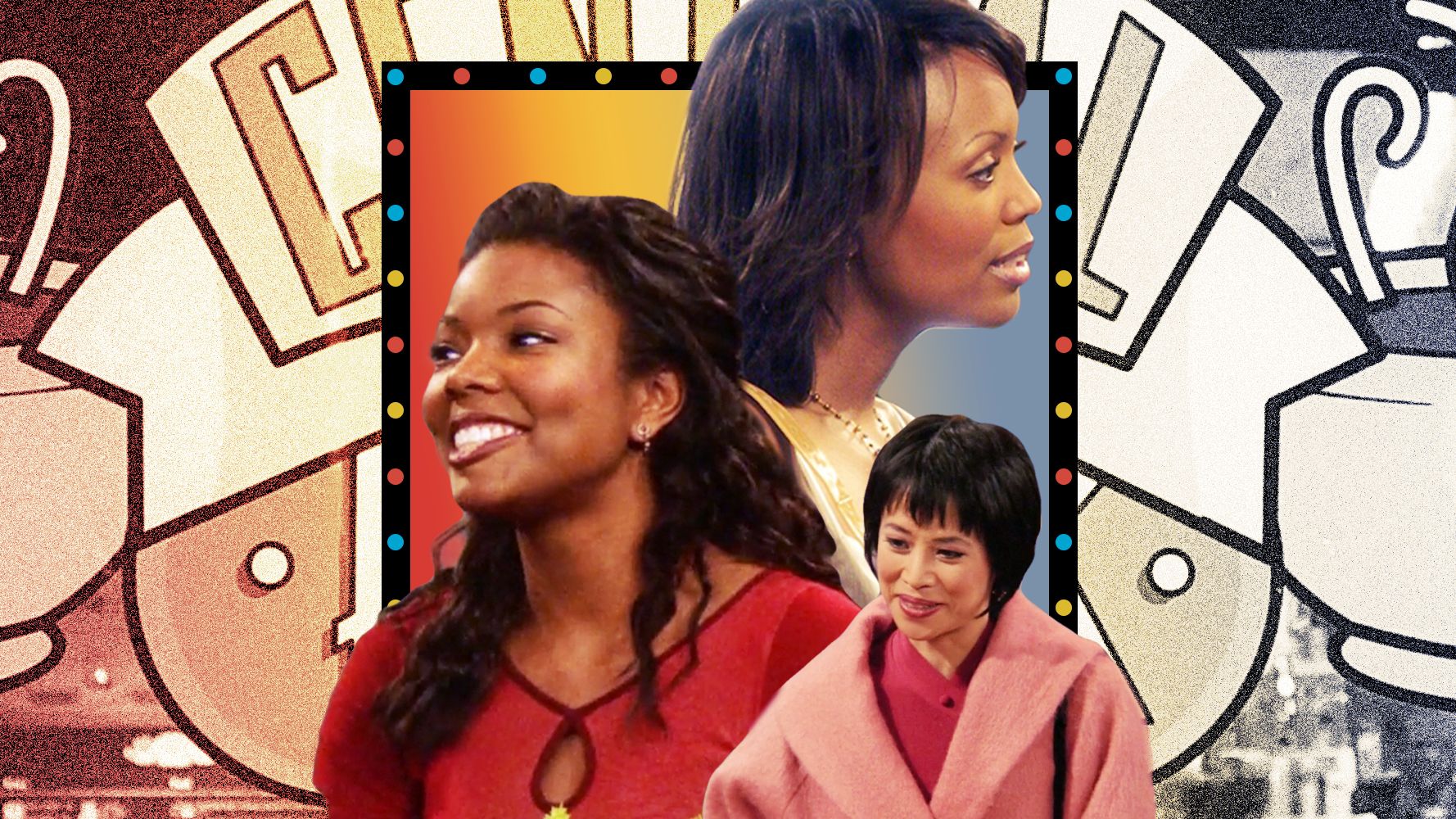
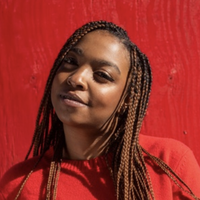
Since its mid-aughts finale, we've been on an unofficial break with Friends. But now, in honor of HBO Max's highly-anticipated Friends reunion—which is bringing together the beloved sixsome on that iconic orange couch for the first time in 17 years—Marie Claire is celebrating, criticizing, and obsessing over the show that was always there for us.
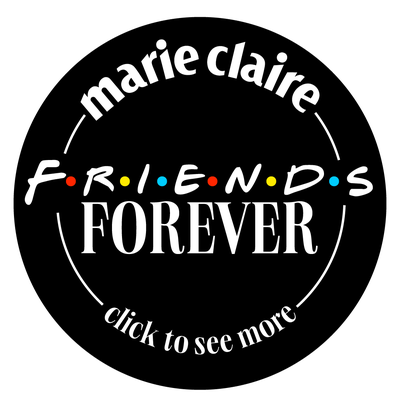
It is a truth universally acknowledged that Friends had a diversity problem.
Like, it’s pretty obvious why: A show, set in New York, with an all-white cast that almost never interacts with anyone non-white. In the few instances when they do interact with a non-white person, that person solely exists to serve (or act as a foil to) a white one. I understand the instinct to give this transgression a pass, because it was the nineties and it was a very famous TV show. But we’re currently in a day and age when pretty much everyone is more cognizant of how diversity measures do (and do not) work, and taking a critical view of the past is how you learn and grow from your mistakes. As an avid television watcher and long-time defender of the sitcom format—one who, despite not wanting to publicly admit it, will watch every second of the Friends reunion, mostly because anyone who spends an hour with James Corden deserves our sympathy and support—it’s been hard, particularly as a Black woman, to rewatch Friends and see how easily they played into the concept of romantic racism.
It started with Julie, Ross’s girlfriend in the second season, and ended with Charlie, Joey and Ross’s girlfriend in the ninth and tenth seasons—and we’re still seeing the ripple effects from the depiction of these women in modern day television.
There was no reason that Julie and Ross shouldn’t have worked out: They reunited after grad school on an archaeological dig, sharing professional aspirations and a desire to adopt a cat. Rachel immediately disliked Julie for no legitimate reason. The audience is supposed to be on Rachel’s side, seemingly—how dare Ross go off and find another woman who shares the same interests as him, has drive and ambition, and is nice to her friends? Rachel, at the time, is trying to “find herself” after escaping an unhappy engagement and taking a job in a coffee shop. But Ross cannot get past his infatuation with Rachel, even going so far as to make a list of pros and cons for each woman. Ultimately he rejects Julie because “she’s not Rachel.” (Or, you know, “Rachem.”) The impression the audience is given is that Julie was upset with Ross for dumping her for a woman who had been openly sabotaging their relationship but pretending she wasn’t. They both cried, Julie threw things, and it’s all supposed to be fine because… Julie found love with Ross’s doppelganger Russ a few episodes later. (The actress who played Julie, Lauren Tom, said in a 2019 interview that she believes Russ and Julie are still together.)
I’ve always wondered what went through Julie’s mind when Ross broke up with her. She was likely blindsided, shocked that the universe brought a man from her past to her only to have him dump her out of nowhere for another woman. Julie likely spent hours, if not days, wondering what she did wrong—reexamining every date, conversation, interaction. At the end of the day, there was only one answer.
Rachel was white, and Julie was not.
Stay In The Know
Get exclusive access to fashion and beauty trends, hot-off-the-press celebrity news, and more.
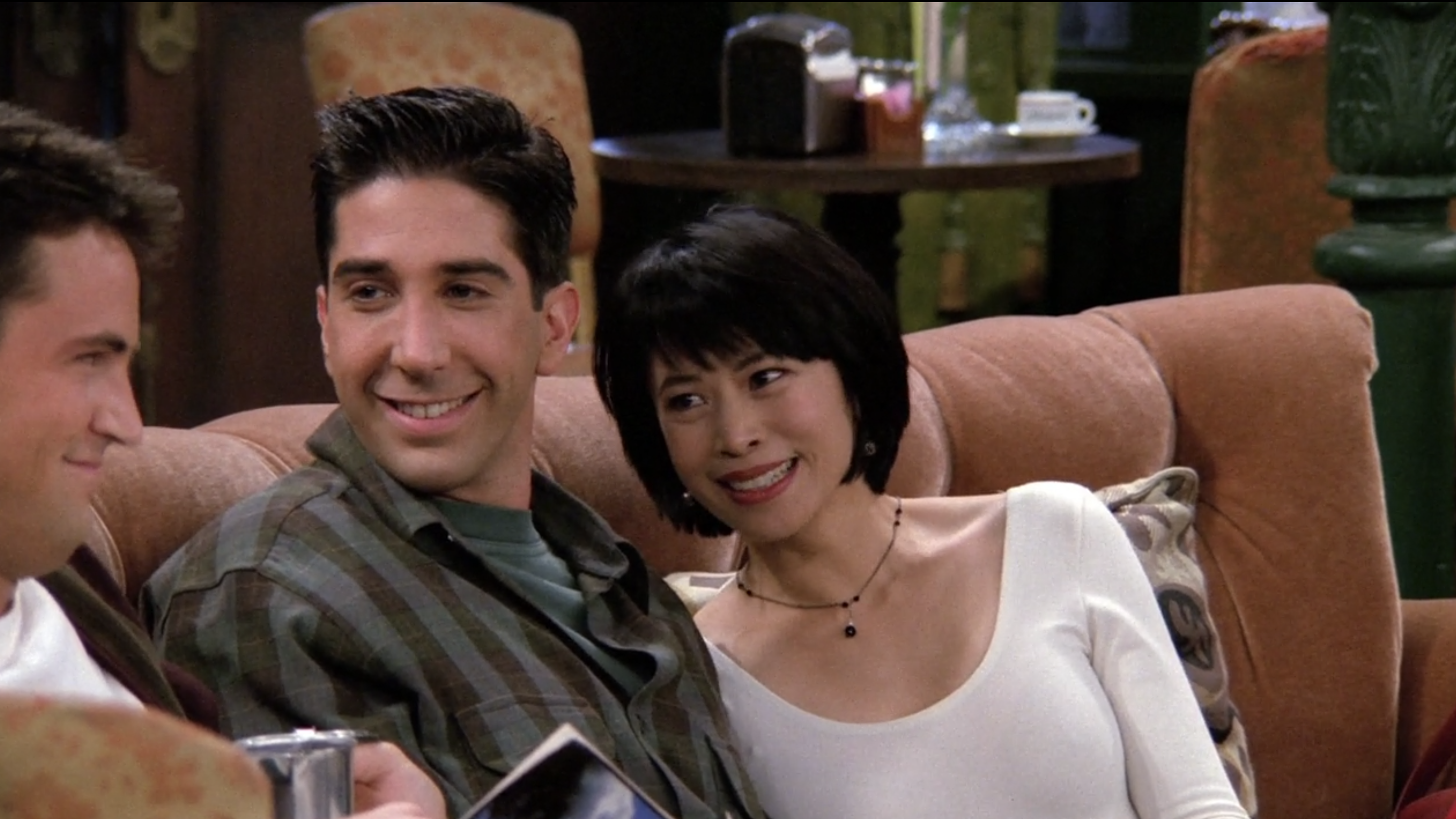
'Tom as Julie with Ross (David Schwimmer) and Chandler (Matthew Perry).'
There’s not a lot of discussion about the way white supremacy impacts dating, but romantic racism is real and prevalent. There are exclusive (read: exclusionary) dating apps that users have to be approved for that then access your social media accounts to see your Blackness and decide time and time again that they prefer whiteness. Several apps have racial dating filters; one claims the tool is there to make Black love easier, but it just feels like a way to let romantic racism thrive. Others require users to state their ethnicity. And it is abundantly clear to me that Bumble was founded on white feminist theory because expecting Black women, who are notoriously labeled “aggressive,” to make the first move is inherently setting us up for failure.
Friends constantly threw women of color—I’m speaking only about women of color because there was never a time that Rachel, Phoebe, or Monica dated someone outside of their race—under the bus so the white people could look good and feel good. In doing so, the show’s creators passed along the microaggression of “us vs. them,” allowing the white woman to always be both the victim and the winner. The worst thing Julie did to Rachel was befriend Monica and Phoebe and date Ross. The worst thing Rachel did to Julie was try to sabotage her haircut out of pure jealousy—and we’re supposed to applaud Rachel for it instead of considering how immature and indecent that was.
Charlie Wheeler was the second Black woman to have a romantic relationship on the series—the first was Kristen Lang, played by Gabrielle Union, in the seventh season. (Emphasis on the fact it took them seven seasons to introduce a Black woman as a romantic prospect.) Kristen and Charlie, played in a star-making turn by Aisha Tyler, both got wrapped up in romantic entanglements with Ross and Joey, and both were made to be pawns in their friendship. Charlie actually got the double-whammy, because not only was she the hypotenuse of the love triangle with Ross and Joey, she’s also the catalyst for the ill-fated Joey/Rachel pairing, as well as the Ross's final partner before reuniting with Rachel. (David Schwimmer has said that he pushed creators to give his character diverse love interests; we’ll give him the benefit of the doubt that he didn’t intend for their race to ultimately have such harmful implications.)
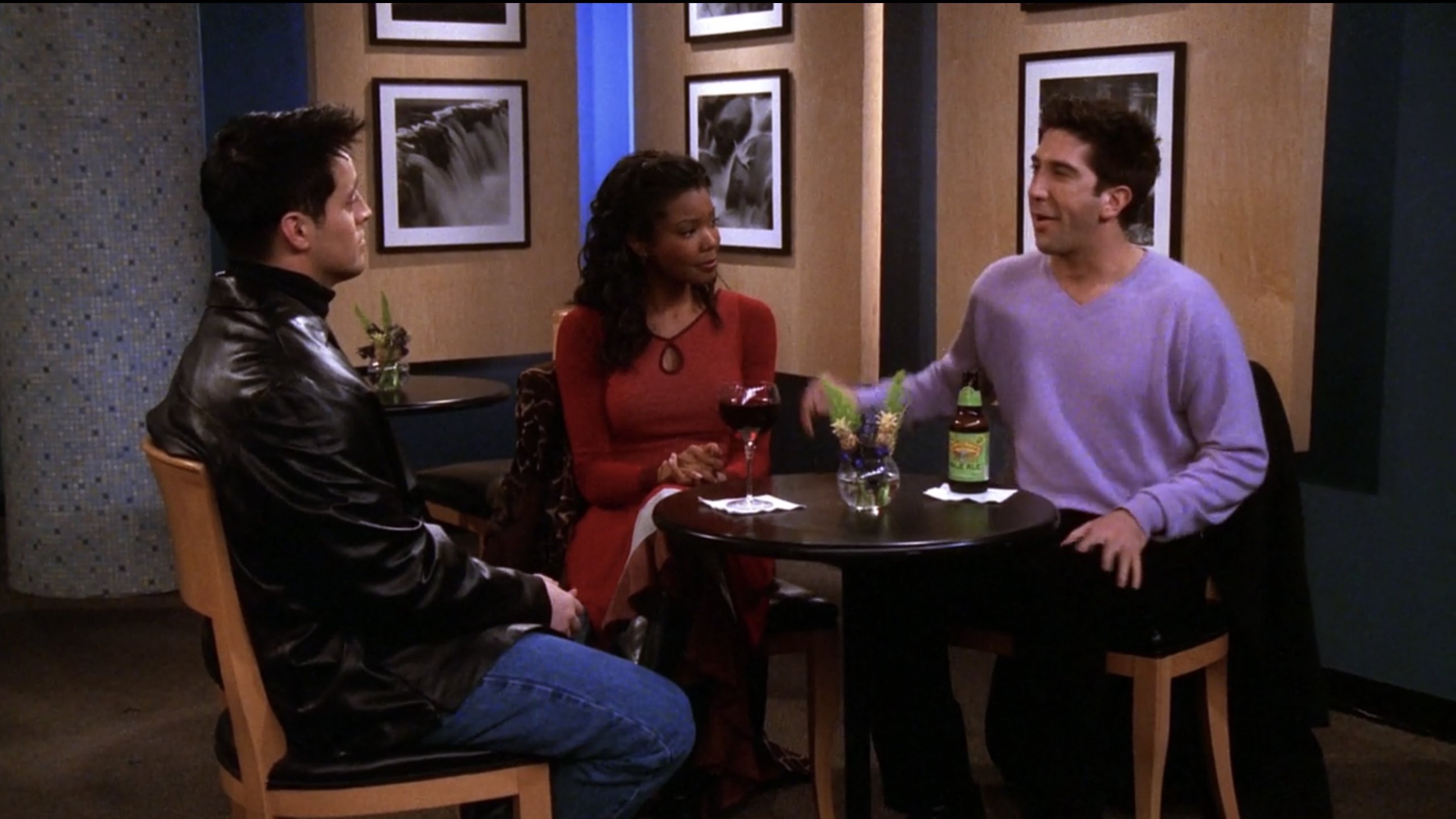
'When Joey (Matt LeBlanc) and Ross realize they are both dating Kristen (Gabrielle Union), she becomes simply an aspect of competition for the men.'
Kristen only appears in a single episode, and although Charlie has a long arc, appearing in nine episodes, the audience learns virtually nothing about her—most of the non-career-related facts we gather about her are through the lens of men. She’s the daughter of an alcoholic father; Ross is intimidated by her because her ex-boyfriend has two Nobel Prizes, and… that’s it. We don’t even learn if “Charlie” is a nickname, but I digress.
When fans of Friends discuss Charlie, they tend to point out that there is no way a woman like that would date a guy like Joey, ignoring that it’s actually a highly realistic plotline. There are plenty of beautiful, single, successful women in New York just looking to date a Hot Dummy for a bit—but again, we never learn Charlie’s motivations for dating either man because her existence is to be a portal for white people, which is massively disappointing. She exists to throw a wrench in Joey and Ross’s friendship as well as Joey and Rachel’s possible relationship. The fact that Tyler was cast through colorblind casting (blarg), adds an additional layer of sinisterness.
Tyler told InStyle in 2018 that, “there [wasn’t dialog] about the fact that it was an interracial relationship. There was no commentary on the show about my character being black, and I think they had just written this character as this kind of love triangle between Ross and Joey. They happened to hire a black woman, which—I don't know that I'm advocating for colorblind casting any more than I’m advocating for people doing a better job at making shows diverse. Being African-American is just one aspect of who a person is. It was really wonderful to just be on the show and be a love interest.”
Do I think Friends had the awareness or ability to even broach a conversation about dating outside of your race? Absolutely not. Do I think there are conversations and topics within interracial dating that would make for stellar sitcom content? I certainly do. Do I think 2021 Ross would be the type of person to say “I can’t be racist/homophobic, I dated an Asian woman and a Black woman and was married to a lesbian,” without any type of clue as to why that’s an icky thing to say? You know that’s exactly how it would go down. Like, you know a man who sees himself as austere and cosmopolitan as Ross was internally applauding himself for being so progressive.
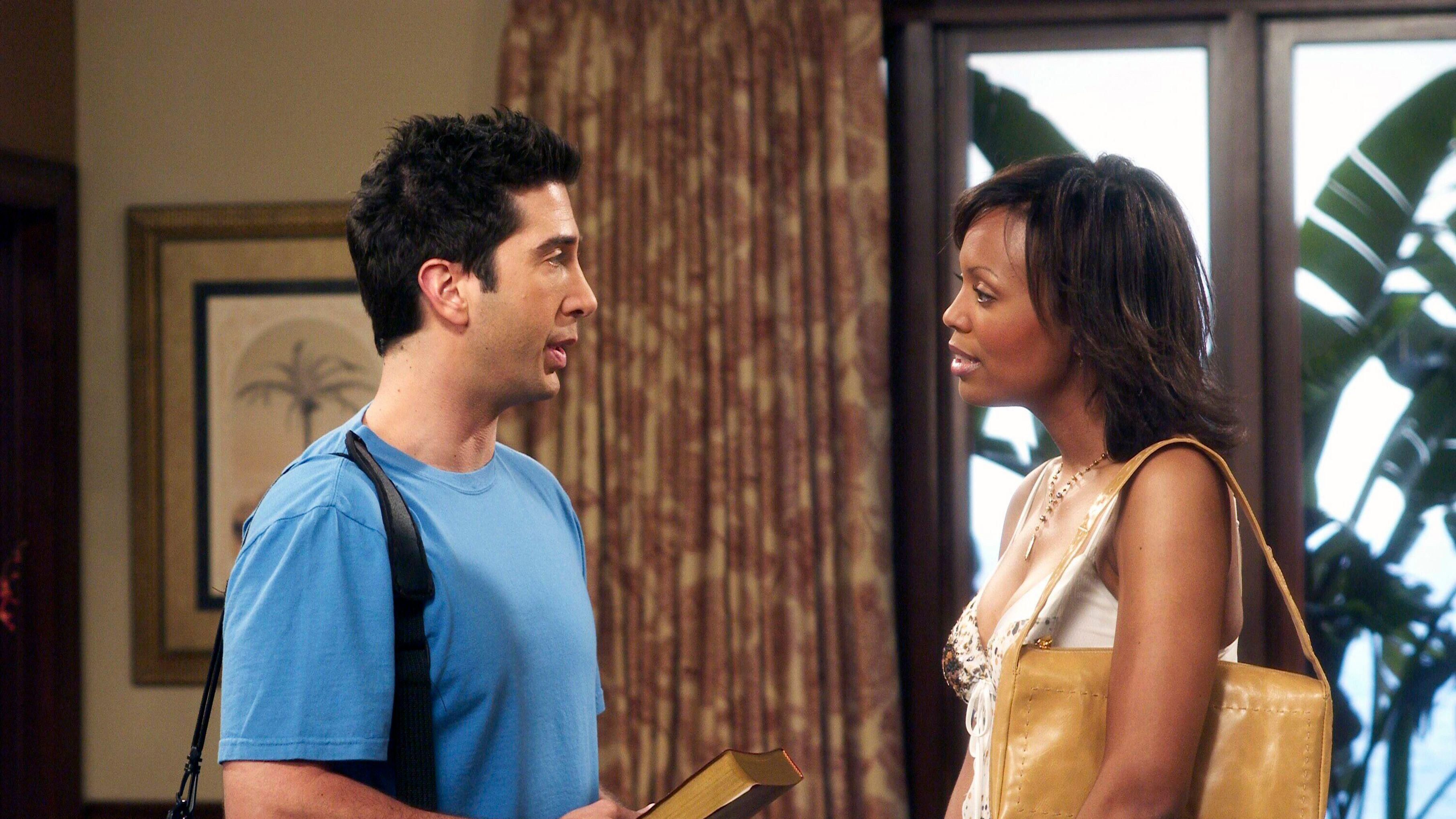
'Ross and Charlie become an item while at a paleontology conference, just after she has broken up with Joey.'
A lot of the messages from Friends have been warning signs, things to learn from, and I do believe television has come very far. Not far enough in nearly 30 years, but rewatching the sitcoms I loved in lockdown opened my eyes to what American audiences tolerated at the time. How I Met Your Mother, another heavily-white series that felt like the natural successor to Friends, also used its love interests of color only to serve their white partners and act as foils to their eventual white relationships. And television writers are still relegating some of their Black characters to stepping stones for their white ones. Younger is a particularly egregious example and my sincerest apologies to Charles Michael Davis, who I took to calling “Hilary Duff’s Black Boyfriend'' due to lack of character development: You deserve more.
I do commend Friends for casting two Black women with dark and rich skintones to be in these relationships—2021 Hollywood has a lot of work to do in terms of colorism. It was also a daring move to show an interracial relationship between a white man and a Black woman, something that almost never happens in modern comedy shows—it’s usually the inverse. See: Happy Endings, Grace & Frankie, New Girl, The Good Place. Bob Hearts Abishola, I’m gonna give you the flowers you deserve, even if your show is…
This probably isn’t an active choice on the writers’ parts, but I think if you’re going to cast a person of color, it’s smart not to ignore their race when crafting a character. Every Black woman I know has to hope that the person they’re interested in dates Black women—something white people never have to do, and rarely realize passes through our minds because they are the blueprint, the standard of beauty, the arbiters of social status. Shows like Friends have told Black women, time and time again, that you can be the most accomplished, beautiful, funny, stellar person and you won’t get your Happily Ever After. Because there’s a white person out there the audience believes should have it more.
An earlier version of this article misspelled the names of actors Lauren Tom and Charles Michael Davis. We regret the errors.
RELATED STORIES
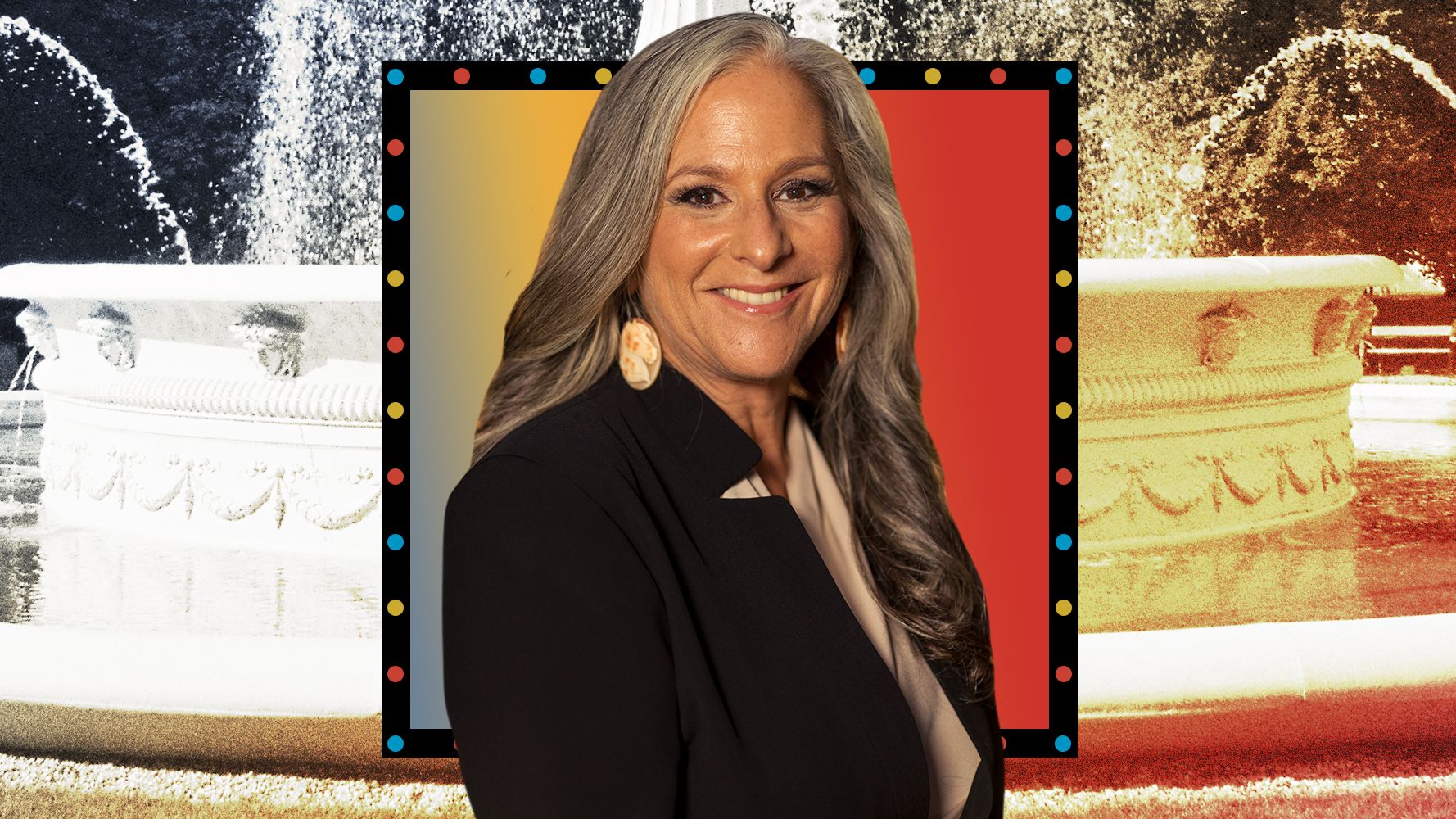
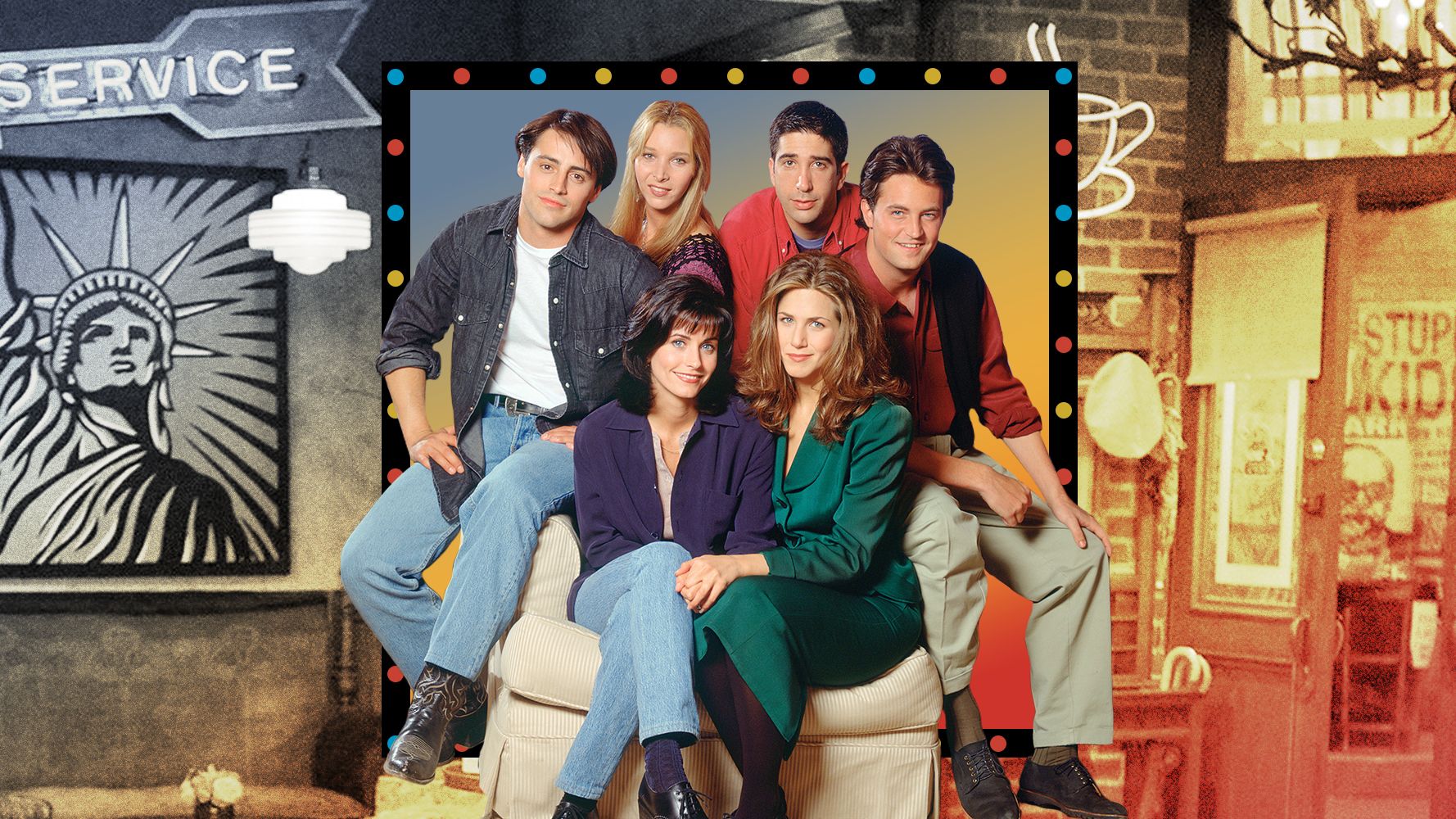
Amanda Mitchell is a writer and podcaster with bylines at Marie Claire, OprahMag, Allure, Byrdie, Stylecaster, Bon Appetit, and more. Her work exists at the apex of beauty, pop culture, and absurdity. A human Funfetti cake, she watches too much television, and her favorite season is awards season. You can read more of her work at amandaelizabethmitchell.com or follow her on Instagram and Twitter @lochnessmanda.
-
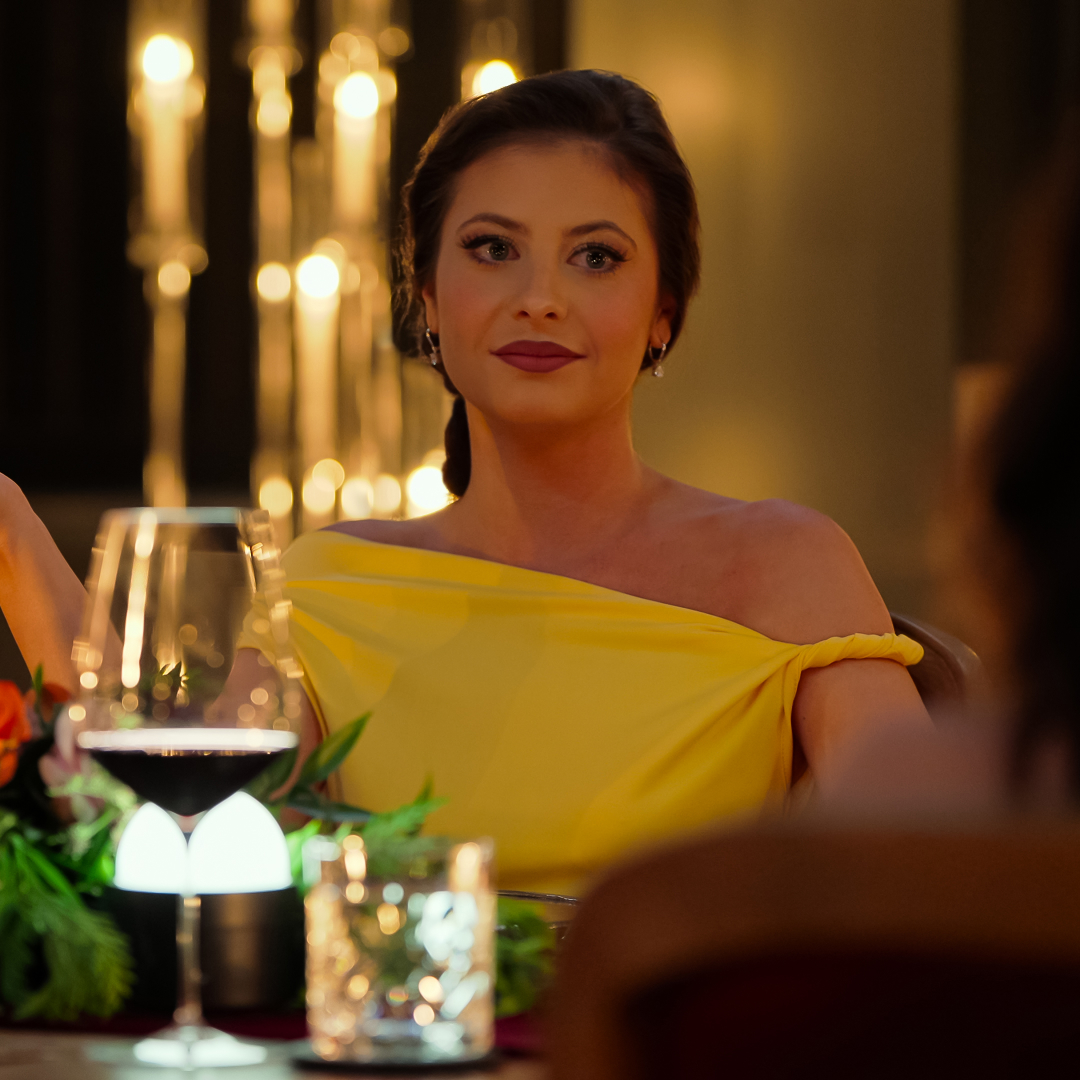 'Million Dollar Secret' Winner Cara Kies Gave a Masterclass in Reality TV Gameplay
'Million Dollar Secret' Winner Cara Kies Gave a Masterclass in Reality TV GameplayHere's what to know about the In-N-Out line cook who took home the prize pot.
By Quinci LeGardye Published
-
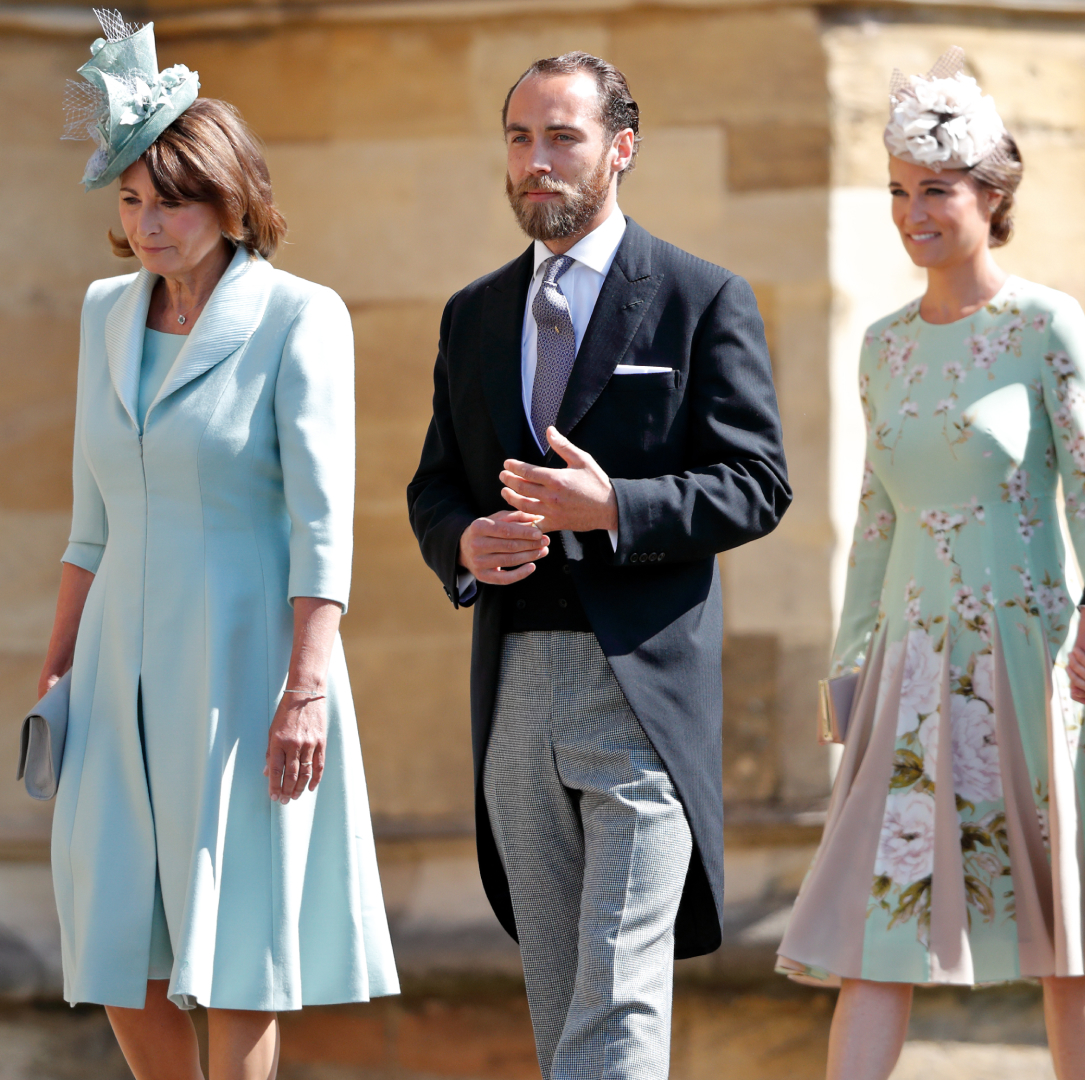 James Middleton Says He "Had 3 Mothers Growing Up" Thanks to Sisters Kate and Pippa
James Middleton Says He "Had 3 Mothers Growing Up" Thanks to Sisters Kate and Pippa"I'm now in my late 30s and we still have that friendship."
By Kristin Contino Published
-
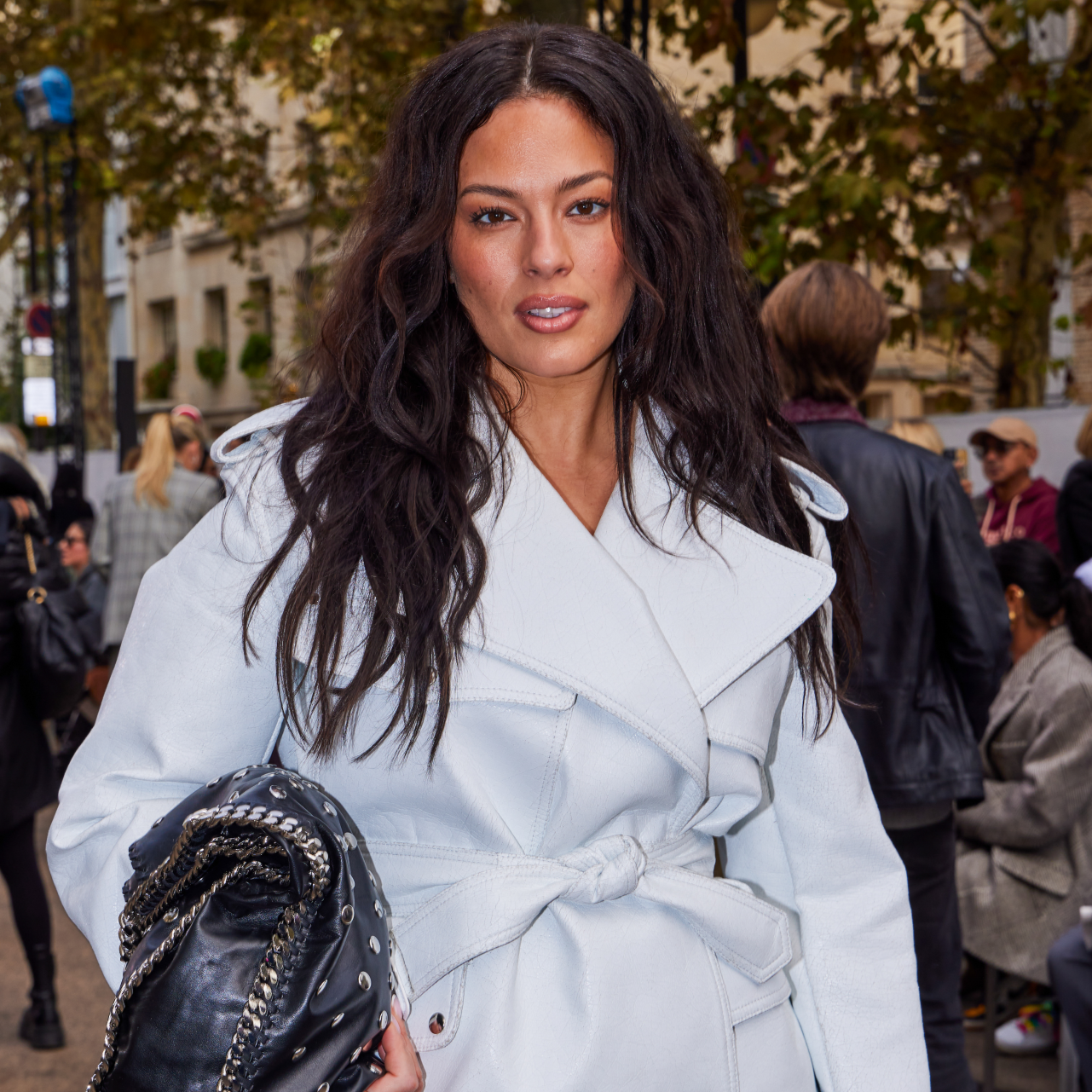 This Hot and Spicy Nail Look Is Ashley Graham's Secret to a Glowing Tan
This Hot and Spicy Nail Look Is Ashley Graham's Secret to a Glowing TanWarm weather glam, nailed.
By Ariel Baker Published
-
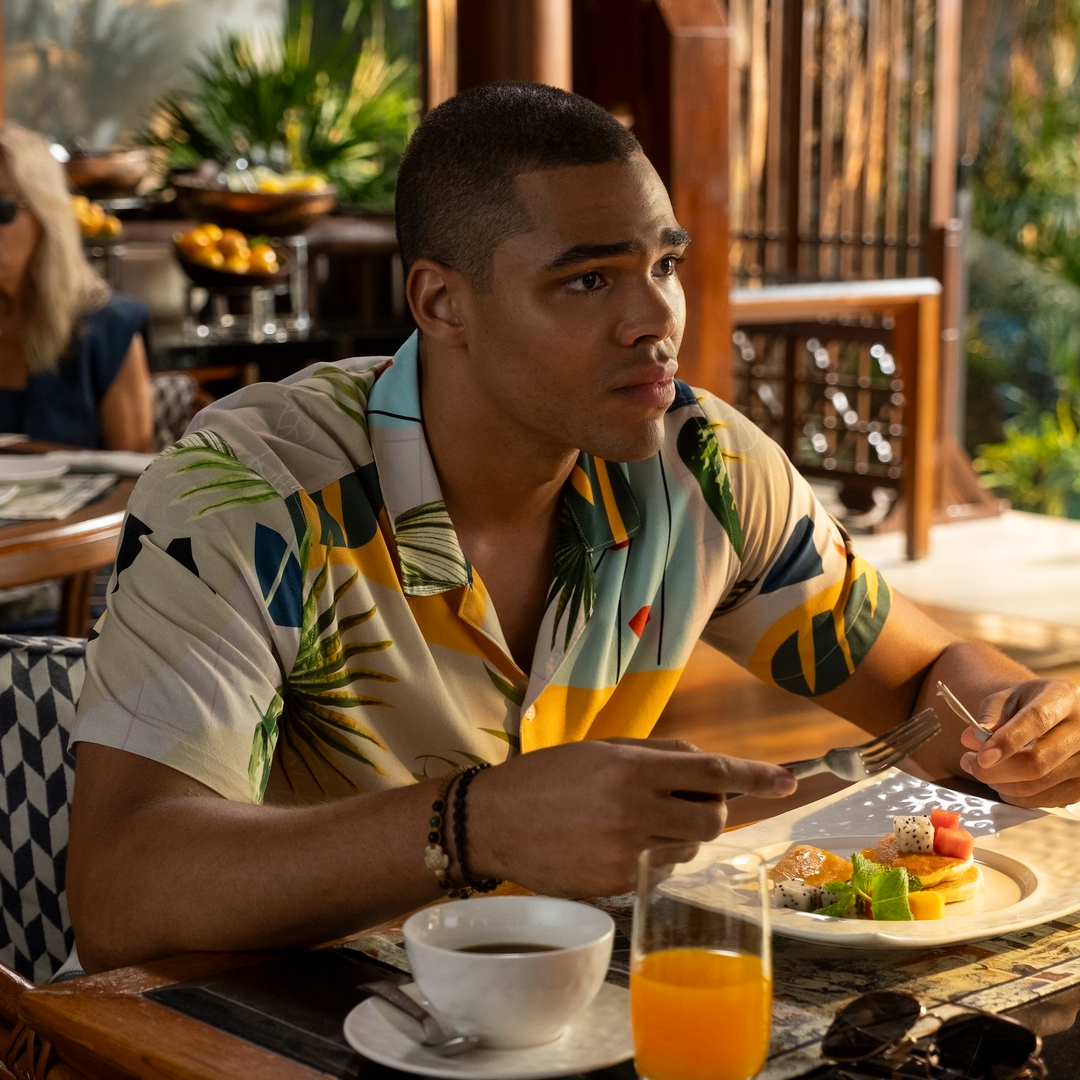 Meet Nicholas Duvernay, the Actor Who Plays Zion in 'The White Lotus' Season 3
Meet Nicholas Duvernay, the Actor Who Plays Zion in 'The White Lotus' Season 3We can't stop thinking about his scene-stealing performance in the finale.
By Quinci LeGardye Published
-
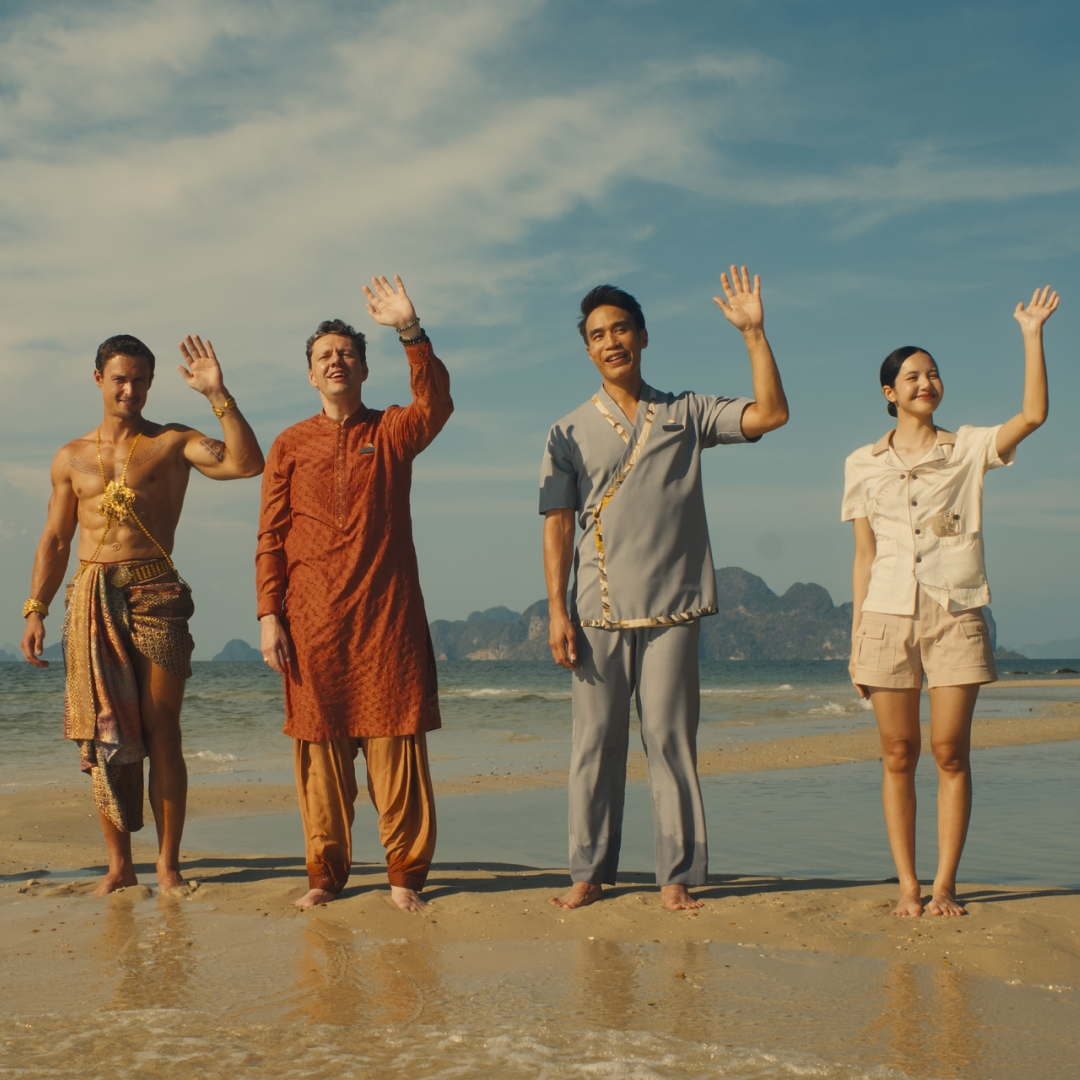 'The White Lotus' Season 4: Everything We Know
'The White Lotus' Season 4: Everything We KnowCreator Mike White has already started teasing where the next installment will be set—and who might be back.
By Quinci LeGardye Published
-
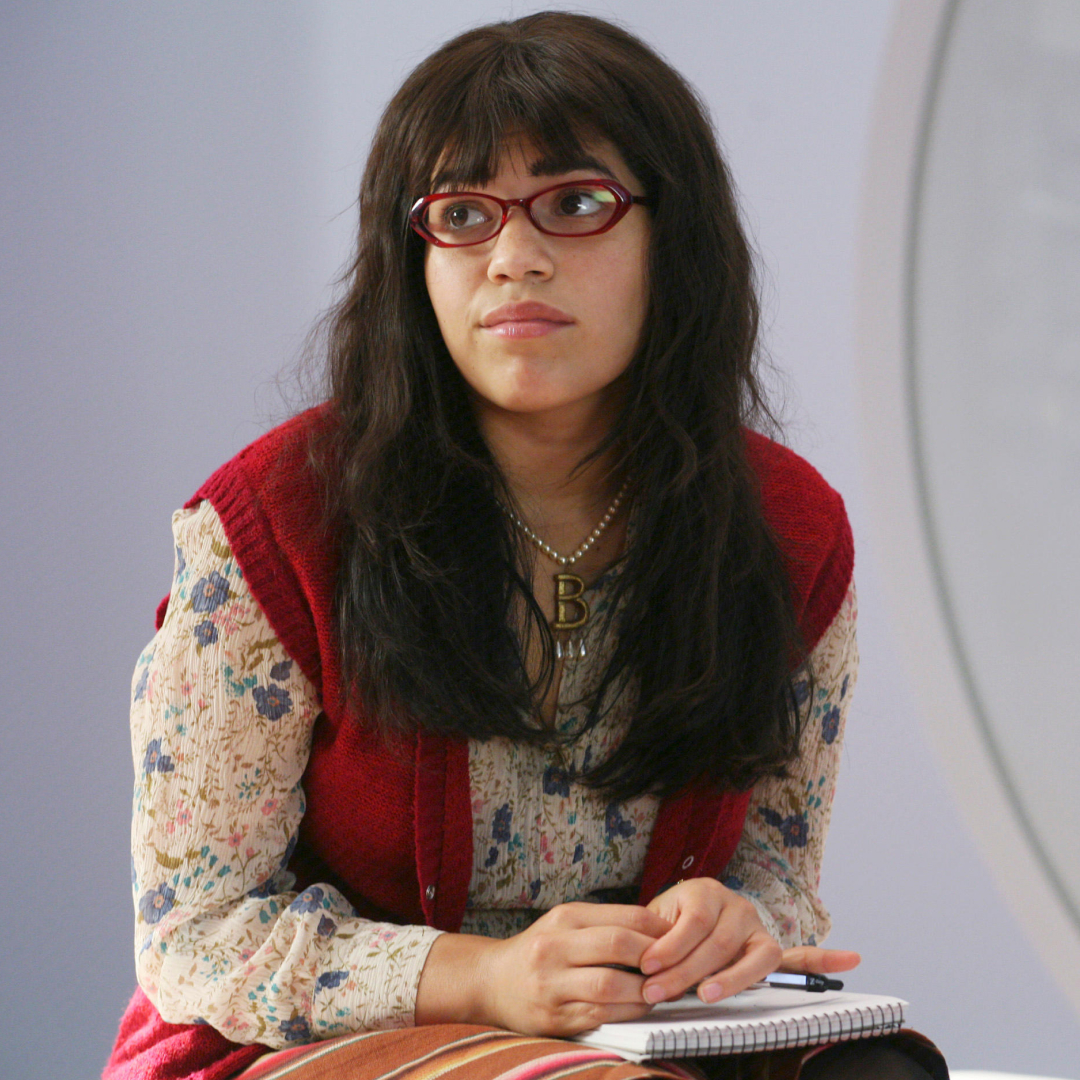 The Best Workplace TV Shows of All Time
The Best Workplace TV Shows of All TimeFrom iconic sitcoms to award-winning dramas.
By Iris Goldsztajn Published
-
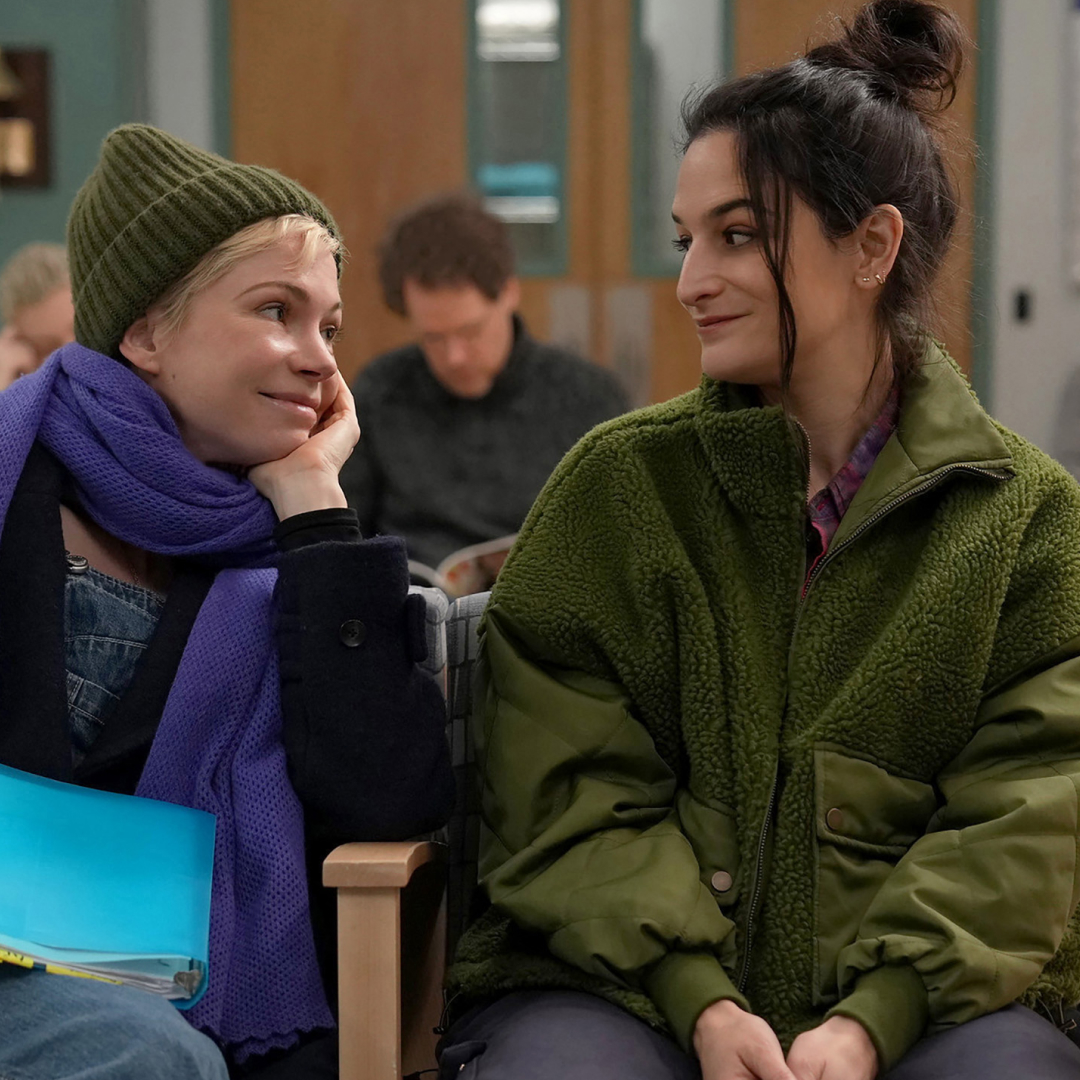 'Dying for Sex' Brought Jenny Slate to Life
'Dying for Sex' Brought Jenny Slate to LifeThe actress shares why playing Nikki in FX on Hulu's female friendship dramedy has felt like a life-changing part.
By Sadie Bell Published
-
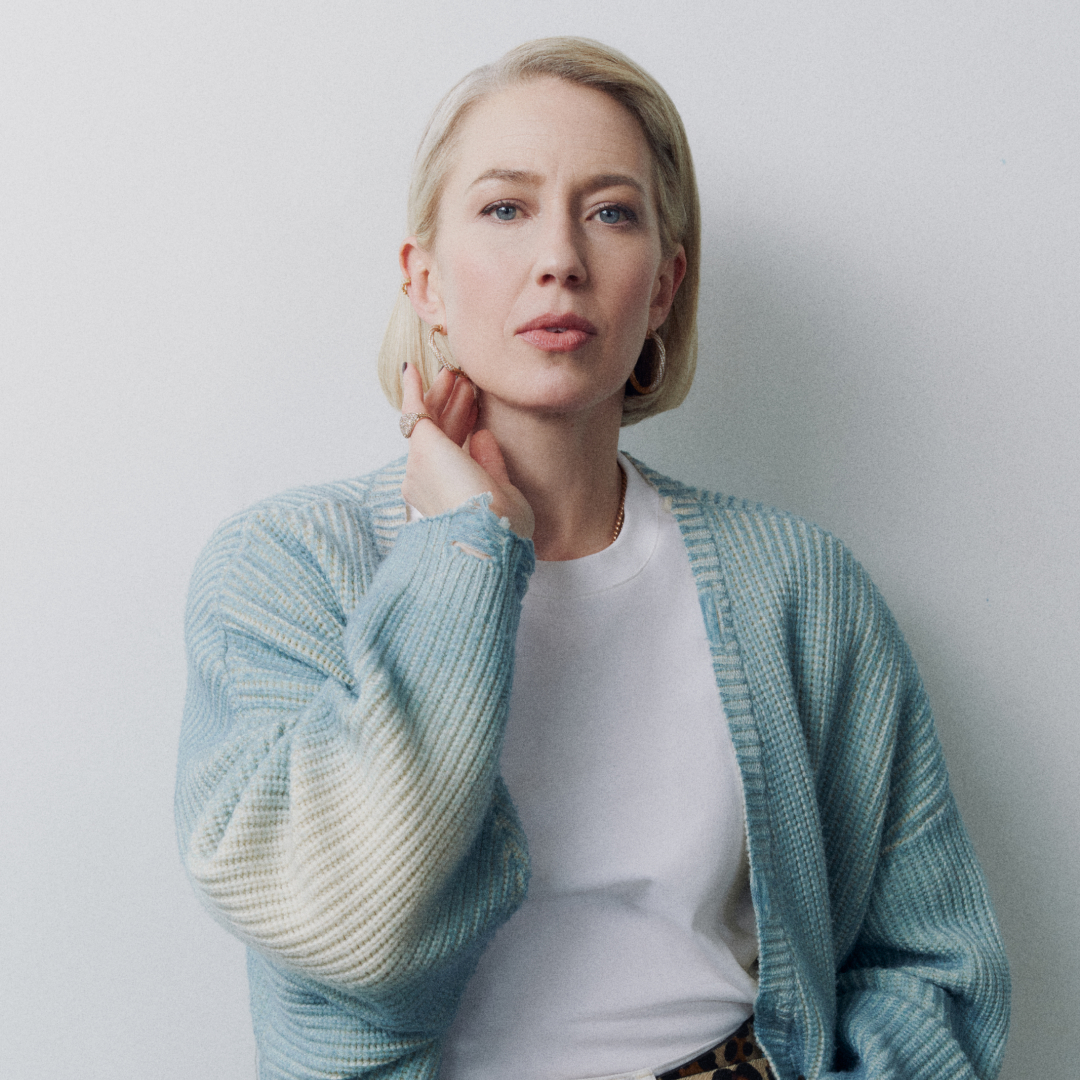 The Wild Ride of Carrie Coon
The Wild Ride of Carrie CoonLaurie's deep-set insecurities come to a head in episode 7 of 'The White Lotus,' allowing the actress to turn a "dark night of the soul" into an illuminating time.
By Jessica Goodman Published
-
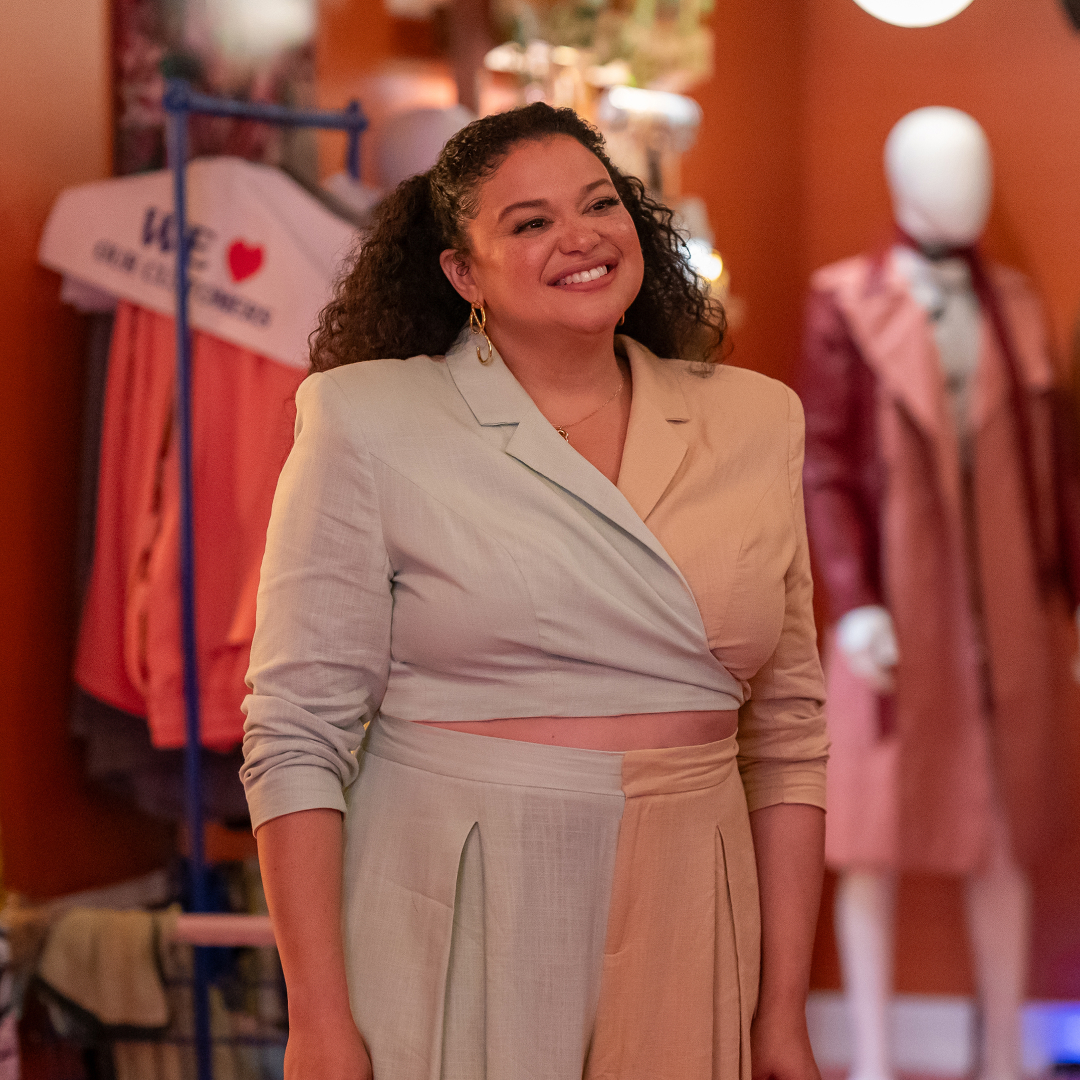 Meet the 'Survival of the Thickest' Season 2 Cast
Meet the 'Survival of the Thickest' Season 2 CastThere's so much to love about Michelle Buteau's Netflix comedy about a stylist looking for love and success.
By Quinci LeGardye Published
-
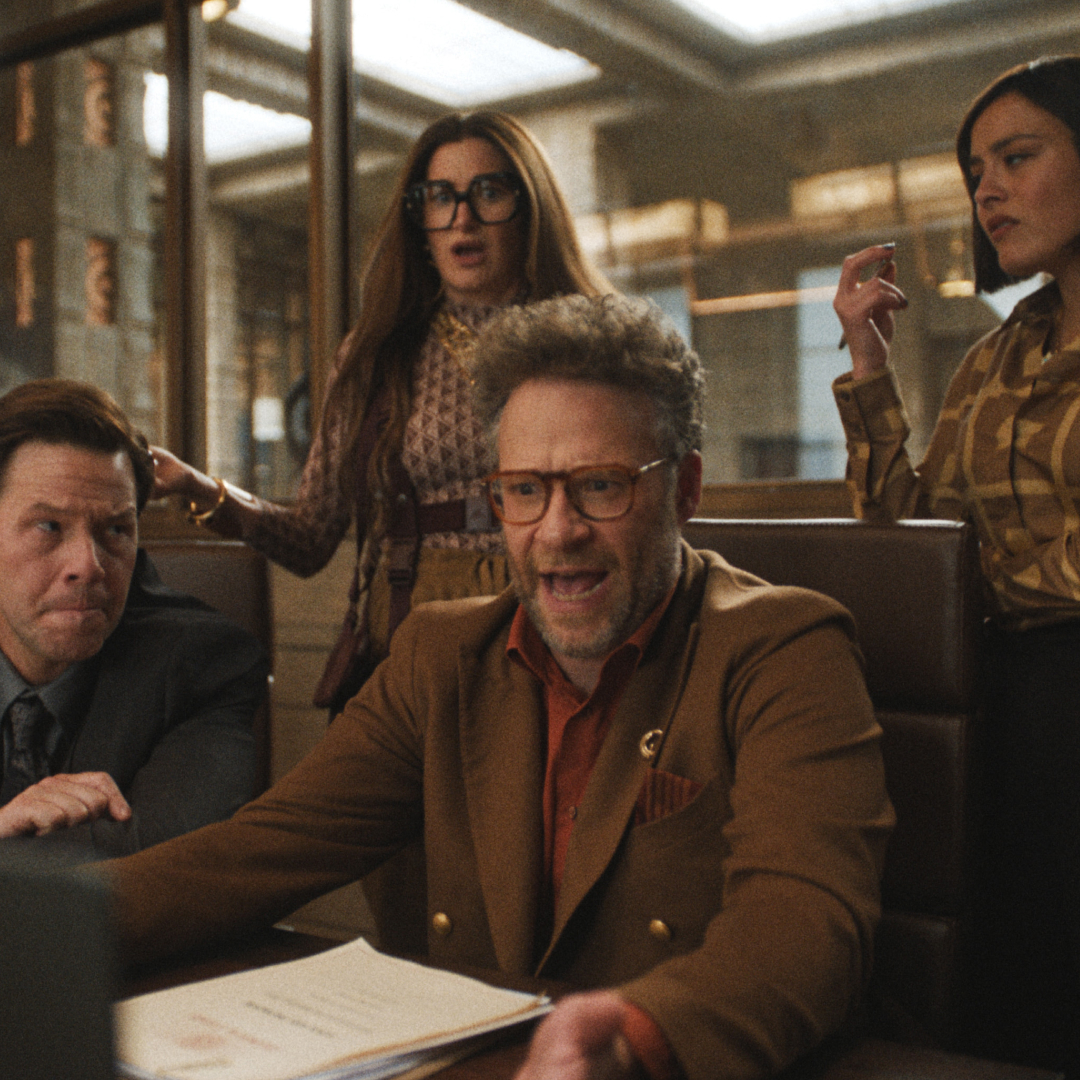 The Cast of 'The Studio': Your Guide
The Cast of 'The Studio': Your GuideThat's showbiz, baby!
By Quinci LeGardye Published
-
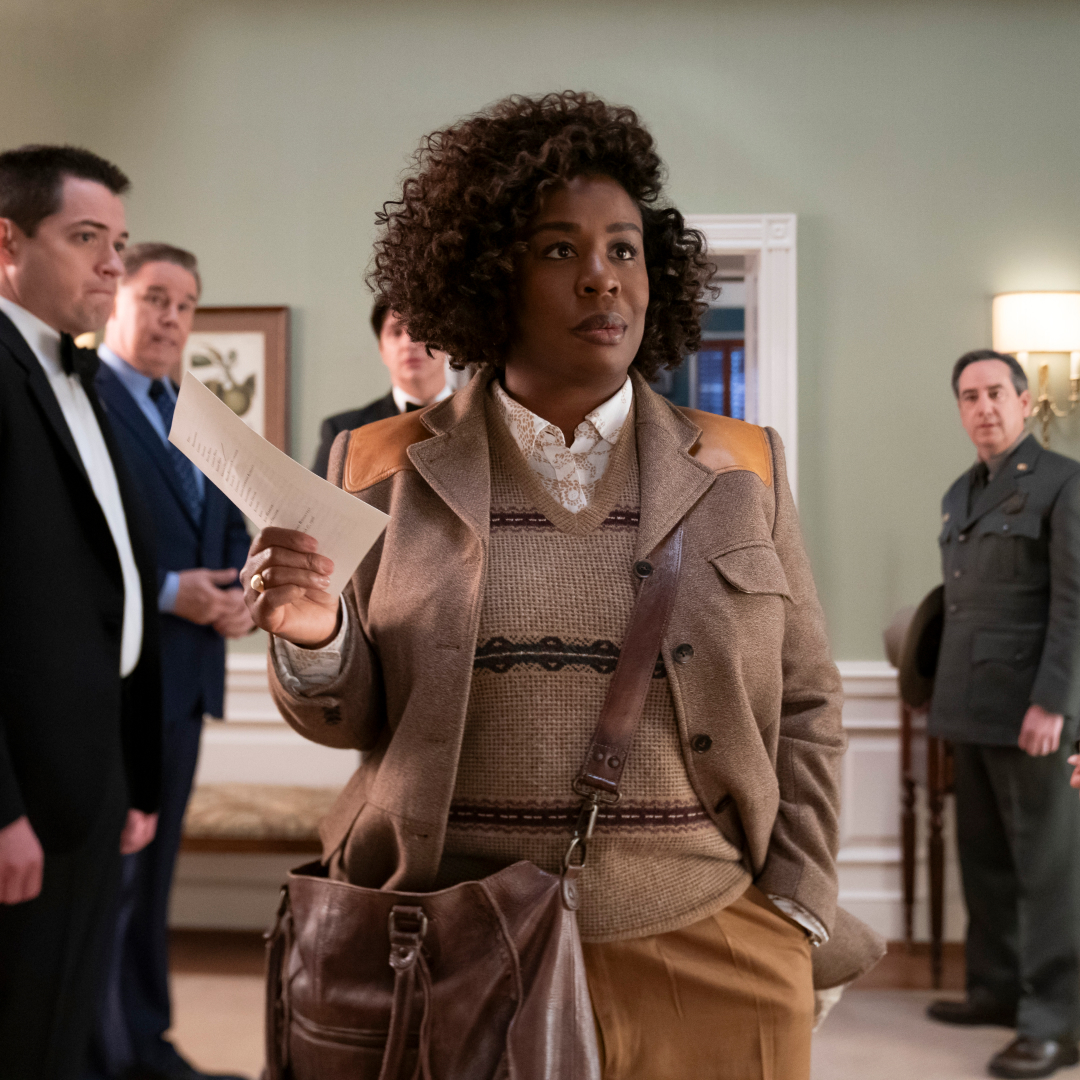 Where Was 'The Residence' Filmed? What to Know About the Location Transformed Into The White House
Where Was 'The Residence' Filmed? What to Know About the Location Transformed Into The White HouseThe Shondaland-produced Netflix series pulled off the largest-ever recreation of the Executive Mansion.
By Quinci LeGardye Published
